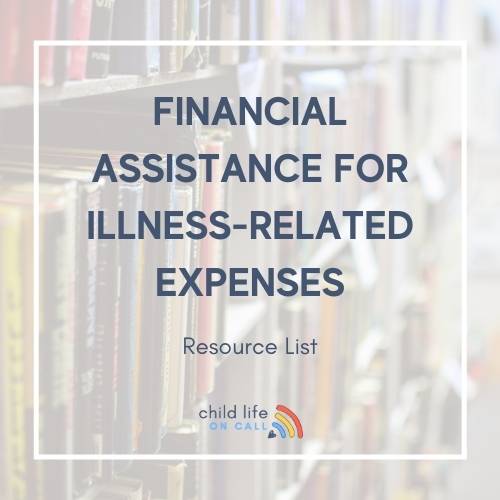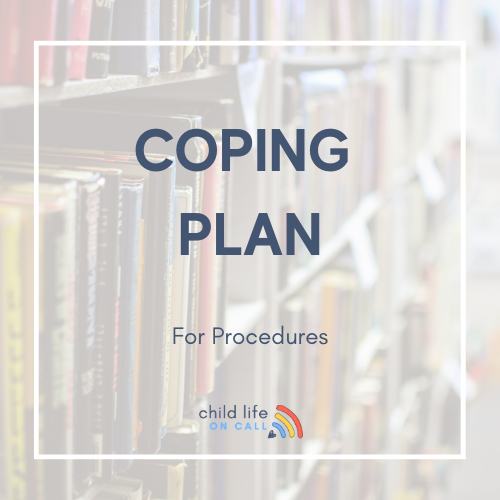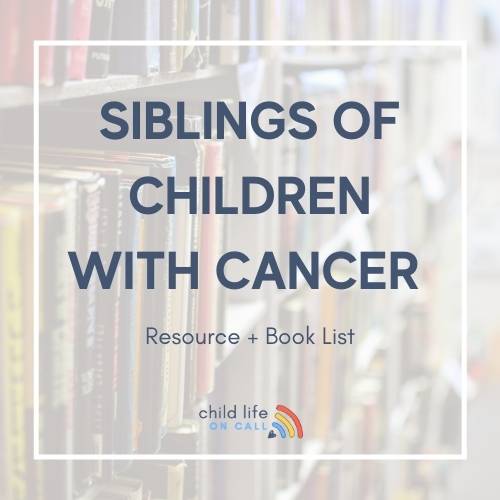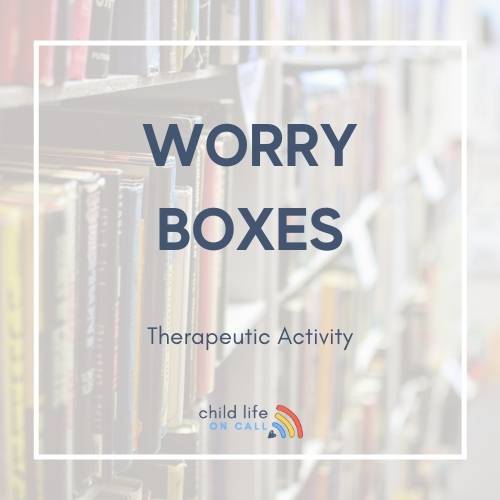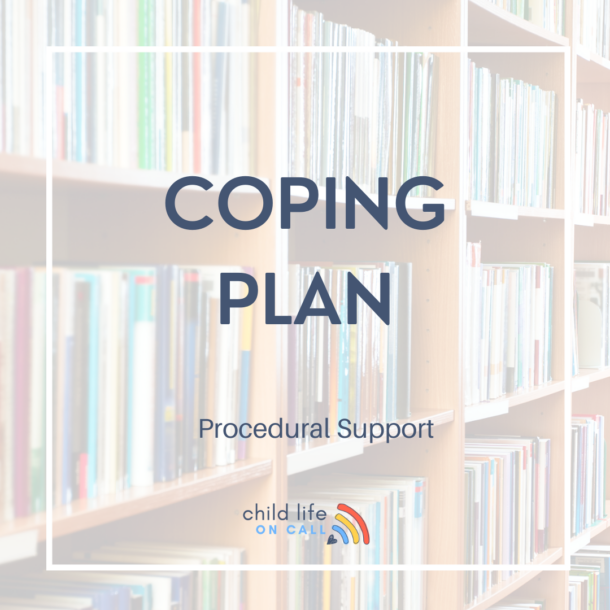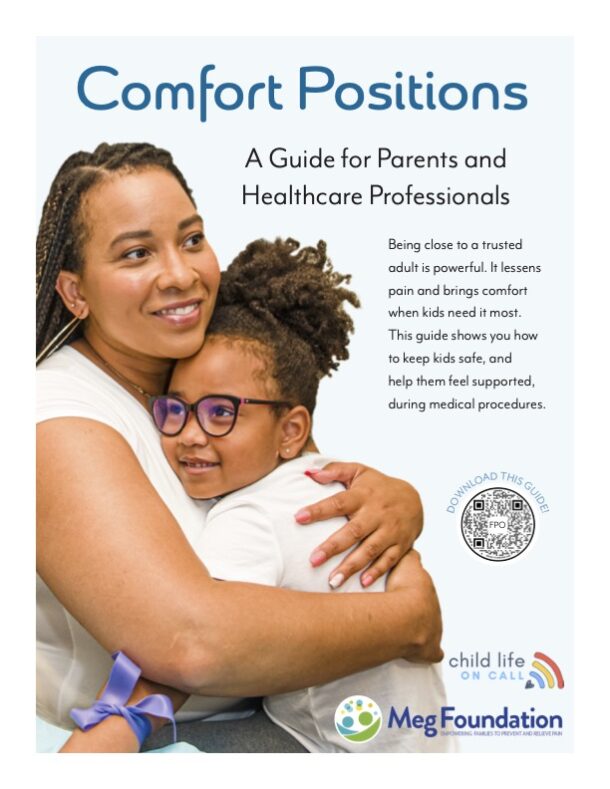Siblings of children with illnesses or who are hospitalized may feel overwhelmed and unsure of what to expect. Learn how child life specialists can help support siblings during this challenging time.
Having a child who is hospitalized or dealing with an illness can be challenging for the entire family, including siblings. It’s not uncommon for siblings to feel overwhelmed, scared, and unsure of what to expect. That’s where child life specialists come in. As trained professionals who specialize in helping children and families navigate the complex world of healthcare, child life specialists play an essential role in supporting siblings during this difficult time.
This week we are exploring some of the ways in which child life specialists can help support siblings of children who are hospitalized or dealing with an illness.
-
Providing Information and Education:
One of the most important ways that child life specialists can help support siblings is by providing them with information and education about what’s going on. Siblings may have many questions about their brother or sister’s illness or hospitalization, and it’s important to make sure they understand what’s happening in a way that’s age-appropriate and understandable.
An example of this is for child life specialists to use the same teaching tools for siblings as we do for patients. Just like I would use a medical play doll to help my patient understand, I’d use the same method to help siblings understand.
An example of this is port teaching. When a child receives a port during their treatment, it is often accompanied by teaching with a doll and medical equipment. We would review the purpose, how it works, and what it will be like once the port is placed inside the chest. By providing siblings with this information, we can help reduce their anxiety and make the hospital experience less scary.
Listen to this episode where Michele talks about bringing her daughter (toddler) to the hospital during her son’s cancer treatment. You can learn more from Michele here.
-
Encouraging Communication:
Another important role of child life specialists is to encourage communication between siblings and their families. Siblings may feel left out or forgotten during a hospitalization, and it’s important to make sure they have a voice and are heard. We often provide this information to parents, too. We can offer tips on how siblings may be feeling based on their age and developmental level.
As a child life specialist, I might encourage siblings to write letters or draw pictures for their brother or sister in the hospital, and integrate them as much as possible. In the NICU, I did this by encouraging siblings to write letter’s to their baby’s doctors. The care team would respond to the sibling and it was an effective way for the sibling to feel like they were directly connected to their baby brother or sister.
-
Addressing Emotional Needs:
It’s natural for siblings to feel worried and stressed when their brother or sister is hospitalized or dealing with a serious illness. Hospitalizations can be tough for kids in general, but for siblings, it can be particularly difficult. They may experience a range of emotions such as confusion, fear, anxiety, and sadness.
Here’s a great activity to encourage bonding between siblings.
Not only are they dealing with the uncertainty of their sibling’s health, but they may also feel like their world has been turned upside down. They may be separated from their sibling for extended periods, which can cause feelings of loneliness and isolation. Additionally, they may feel neglected or left out of important family discussions or activities.
It’s important to remember that each child reacts differently to these situations. Some may be more vocal about their emotions, while others may keep their feelings to themselves. That’s why child life specialists play a crucial role in helping siblings cope during this challenging time.
-
Normalizing the Experience:
Sometimes when siblings come to the hospital, our only goal for the intervention is to help them feel connected to their family. We do this in a variety of ways, but many times includes fun! Whether it’s an art activity, celebrating a birthday, or playing video games – the ‘normal’ experience of family fun helps everyone feel more connected.
Finally, we ensure that siblings have access to resources such as counseling and support groups. These resources can provide them with additional coping mechanisms and the opportunity to connect with peers who are going through similar experiences.
Having a child who is hospitalized or dealing with an illness can be incredibly challenging for siblings. However, by working with a child life specialist, siblings can receive the support and resources they need to cope with this difficult time. Whether it’s through providing information and education, encouraging communication, addressing emotional needs, or normalizing the experience, child life specialists can help siblings feel more empowered, resilient, and connected during a hospitalization or illness.




